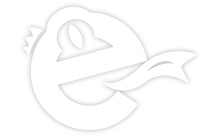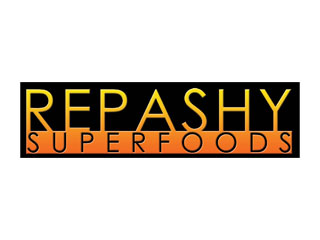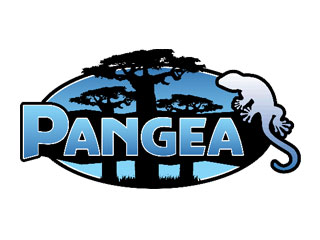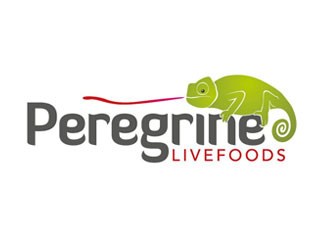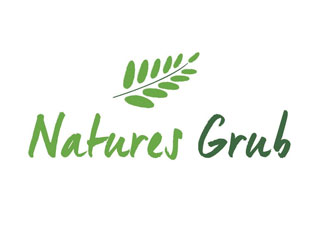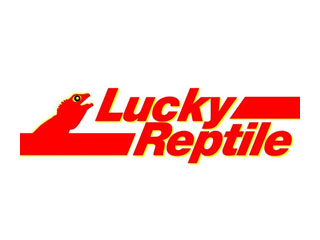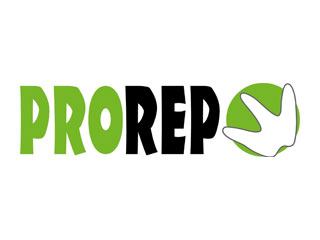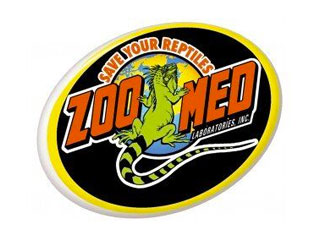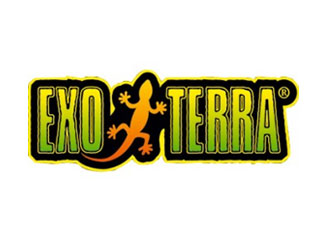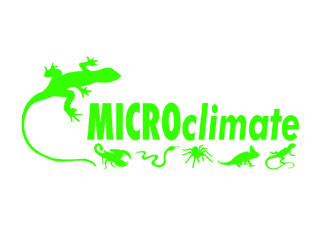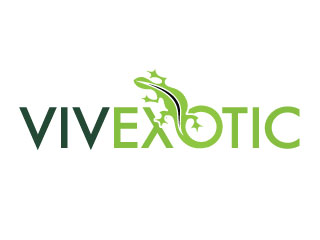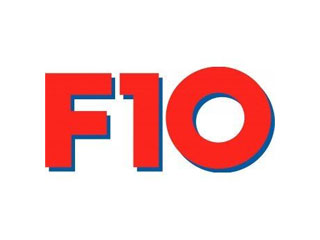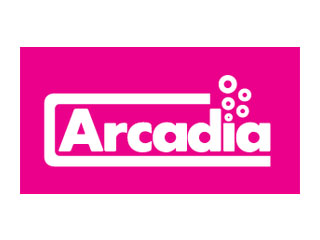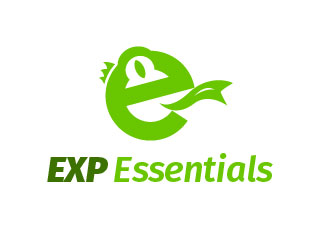About captive farmed exotic pets
Captive Farmed or CF - an animal bred on a 'farm', generally in it's native country but born into captivity
Arguments for the purchase of Captive Farmed animals
Conserving wild populations - Buying a farmed animal puts less strain on wild populations than WC but still provides income and jobs to local people.
Initial purchase price is still likely to be lower than CB, though vets bills may still factor into the overall cost as not all animals will be parasite free and they will still have undergone much stress in transit.
Arguments against the purchase of Captive Farmed animals
Wild Caught Parents - Often the offspring from WC parents are sold as 'captive farmed' when in fact they are 'captive hatched'. Parents may die before or after laying, thus reducing the number of animals of reproductive age in a population.
Parasites - CF animals can still harbour heavy parasite loads which, when coupled with the stress of transport can lead to illness and therefore high treatment costs or even the death of the animal.
Some farms are more about money than care of animals, more so than most domestic captive breeders, so quality and care of animals may not be as high as true CB.
Mislabelling - Some animals labelled as CB or CF at source may still be taken out of the wild. They are labelled as such to avoid legalities against the export of CITES listed species such as Green Tree Pythons.
Stress - CF animals have the same transport stress and acclimatization problems as WC animals and therefore a high death rate in transit, or shortly after.
Ethics - there is still the question of buying an animal that has been subjected to the stresses above.
© Chris Turner 2008
